Meaning and Significance of Ramadan: The Holy Month of Islam

Ramadan is the ninth month of the Islamic calendar, and it is considered by Muslims worldwide to be one of the holiest months. It is a time for spiritual reflection, self-discipline, and increased devotion to God for Muslims. During this month, Muslims fast from dawn until sunset, abstaining from food, drink, and other physical needs. But Ramadan is more than just fasting. It is a month of spiritual growth, charity, and community.
Table of Content
- What is Ramadan?
- When does Ramadan Take Place?
- History of Ramadan
- 5 Pillars of Ramadan: Overview of Core Pillars
- Exploring the Rich Traditions and Observances of Ramadan
- The Importance of Family and Community During Ramadan
- How can You Wish Someone a Happy Ramadan?
- How to Design Ramadan Greeting Cards with Appy Pie Design?
- Conclusion
What is Ramadan?
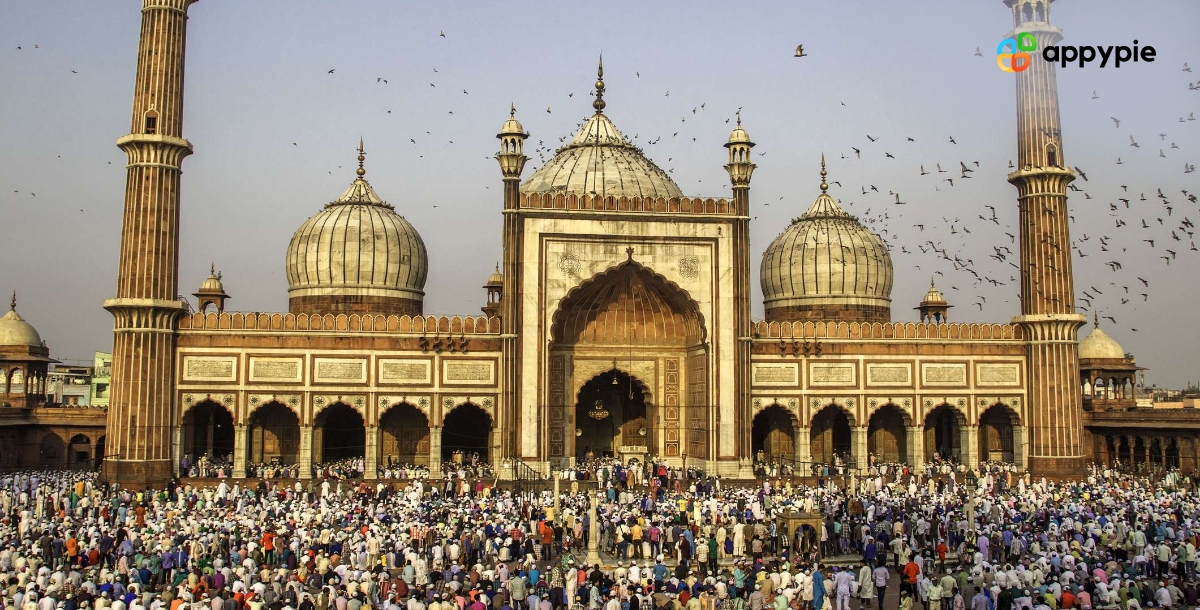
The significance of Ramadan comes from the belief that the month marks the time when the first verses of the Quran were revealed to Prophet Muhammad by Allah. Muslims believe that during this time, the gates of heaven are open, and the gates of hell are closed. This period is a time of increased spirituality and connection with God.
When does Ramadan Take Place?
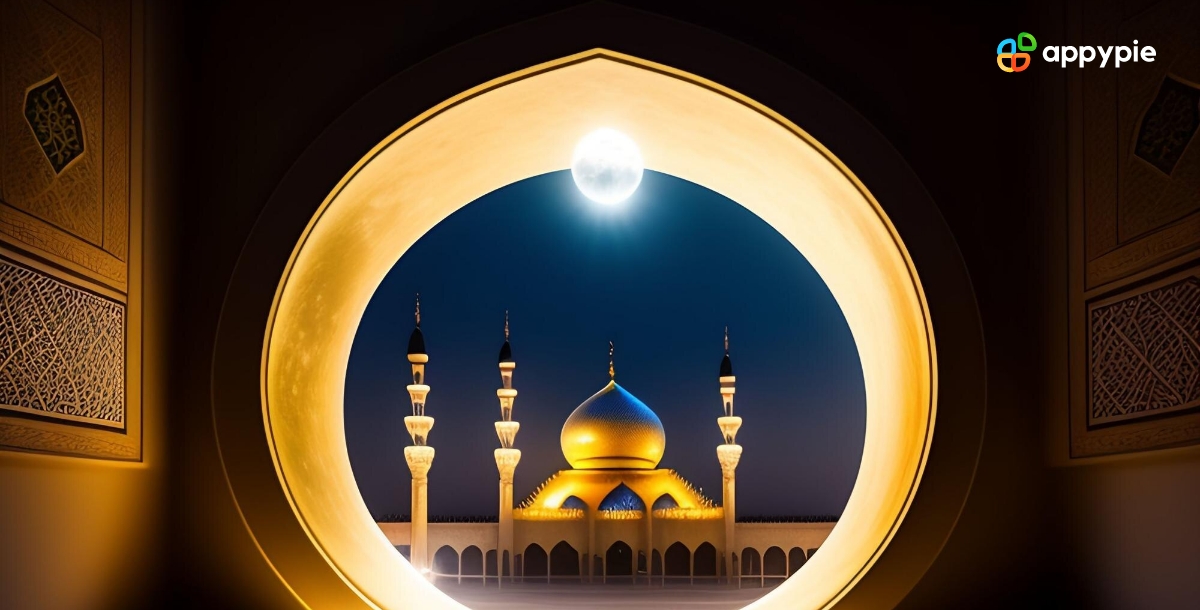
Ramadan takes place during the ninth month of the Islamic calendar, which is based on the lunar cycle. The exact dates of Ramadan vary every year, beginning and ending with the new moon. Muslims all over the world celebrate the crescent moon sighting, which heralds the start of Ramadan. The month usually starts around the third week of March and ends around the third week of April. Eid-ul-Fitr is celebrated immediately after Ramadan ends.
History of Ramadan
The month of Ramadan is believed to have started with the revelation of the first verses of the Quran to the Prophet Muhammad by the angel Gabriel in the year 610 CE. According to Islamic tradition, the Prophet Muhammad (PBUH) used to spend time in solitude in a cave outside the city of Mecca, where he would meditate and reflect on the meaning of life.
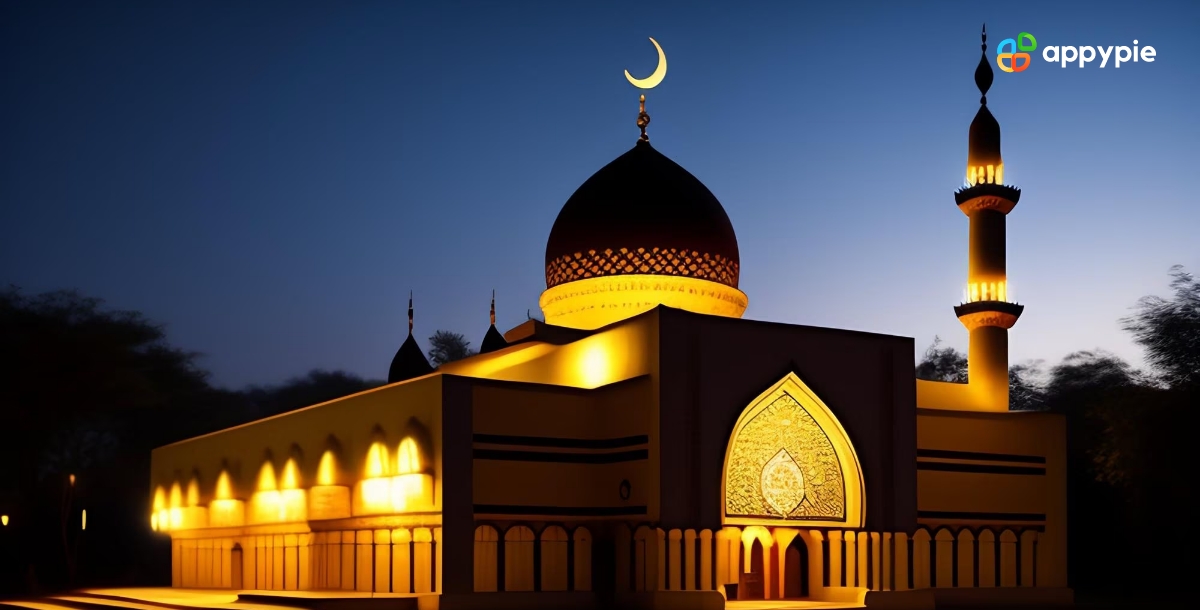
It was during one of these retreats in the month of Ramadan that the Angel Gabriel appeared to him and revealed the first verses of the Quran. This event is known as the Night of Power, or Laylat al-Qadr, and is believed to have occurred on one of the odd nights during the last ten days of Ramadan.
Throughout history, Ramadan has played an important role in Islamic culture and society. It is a time for spiritual reflection, self-discipline, and increased devotion to God. The fast is intended to help Muslims develop self-discipline, empathy for the less fortunate, and a greater appreciation for the blessings of life.
5 Pillars of Ramadan: Overview of Core Pillars
Ramadan is a month-long period of fasting, prayer, and reflection observed by Muslims around the world. It is one of the five pillars of Islam, which also includes the declaration of faith, daily prayer, charitable giving, and pilgrimage to Mecca.
| Pillars of Ramadan | Brief Explanation |
|---|---|
| Shahada | The declaration of faith in Islam and the belief in one God (Allah) and Prophet Muhammad as His messenger. |
| Sawm | The observance of fasting from dawn to dusk during the holy month of Ramadan, where Muslims refrain from food, drink, and other physical needs. |
| Salat | The performance of five daily prayers facing the Kaaba in Mecca, which is considered the holiest site in Islam. |
| Zakat | The giving of alms or charitable donations to those in need, typically calculated as 2.5% of an individual's wealth. |
| Hajj | The pilgrimage to the holy city of Mecca in Saudi Arabia, is mandatory for Muslims who are physically and financially capable of making the journey. It is typically performed during the Islamic month of Dhu al-Hijjah. |
Exploring the Rich Traditions and Observances of Ramadan
Ramadan is a sacred month of the Islamic calendar observed by Muslims worldwide. It is a time of heightened spiritual devotion, self-reflection, and self-discipline. During Ramadan, Muslims fast from sunrise to sunset, abstaining from food, water, and other physical needs. The fast is broken each evening with a meal called iftar, and the month concludes with the Eid al-Fitr festival.
Fasting
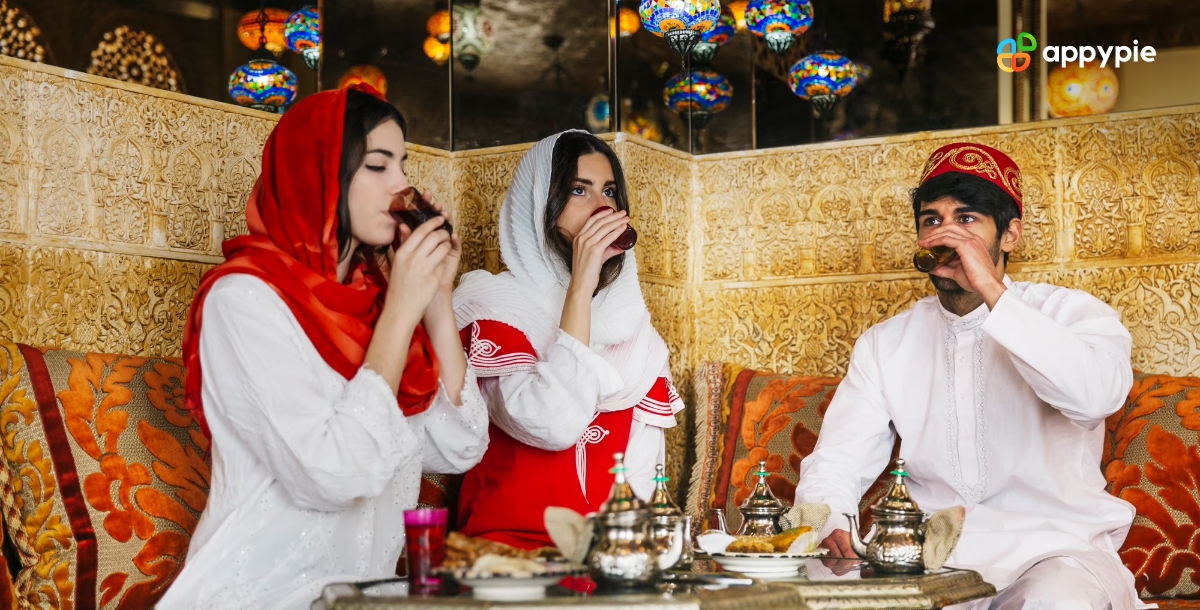
One of the main observances of Ramadan is fasting, which is one of the Five Pillars of Islam. Muslims abstain from food, drink, and other physical needs from dawn until sunset. This is intended to help Muslims learn self-discipline, self-control, and patience, and to remind them of the suffering of those who are less fortunate.
Tarawih Prayers
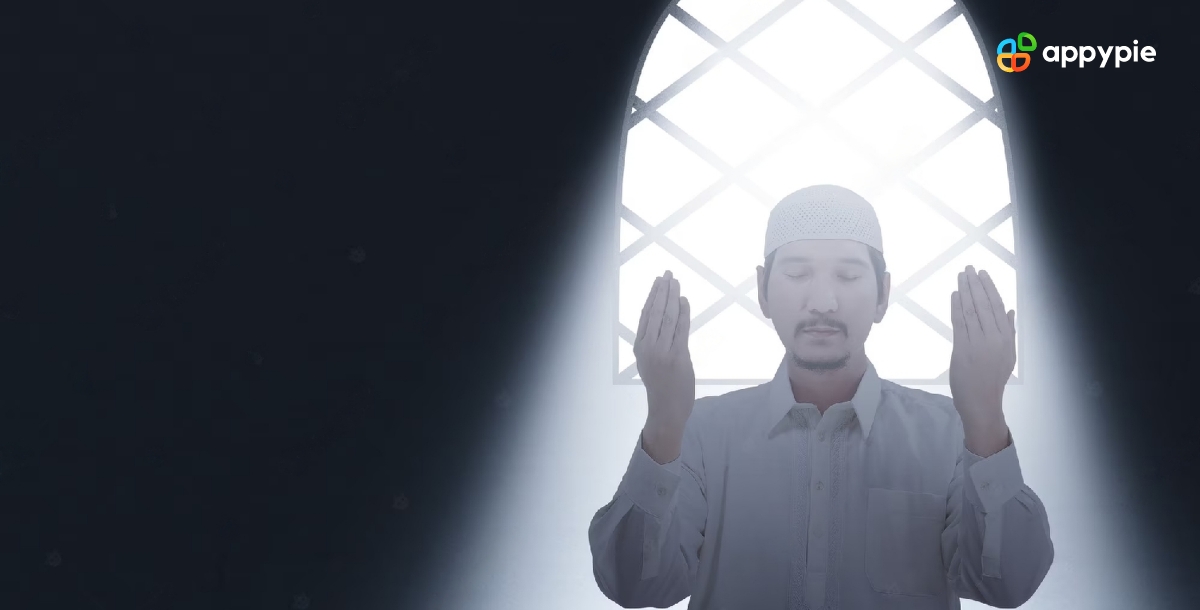
Tarawih prayers are special prayers that are performed in the evenings during Ramadan. These prayers are typically performed in congregation, and they can be a time of community bonding and spiritual growth.
Suhur and Iftar
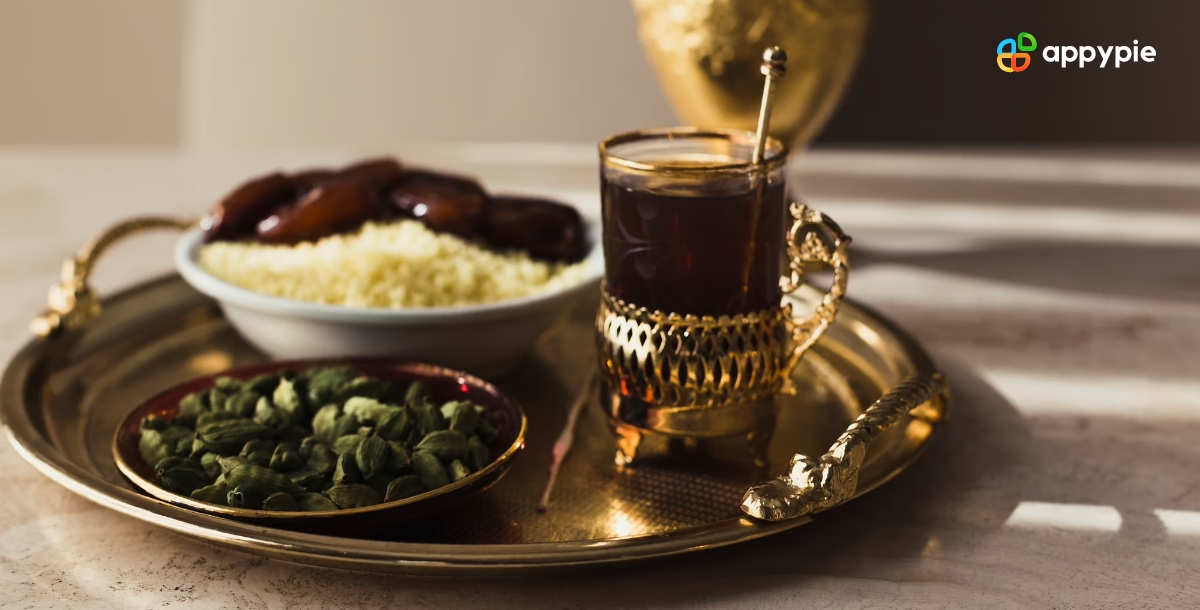
Suhur is the meal Muslims eat before the start of the fasting period at dawn, while Iftar is the meal that breaks the fast at sunset. These meals are often shared with family and friends, and they can be a time of celebration and joy.
The celebration of Iftar involves the participation of the larger community, where individuals invite guests and organize events. You may want to take a look at this customizable invitation card templates for an Iftar dinner invitation:
Quranic Recitation
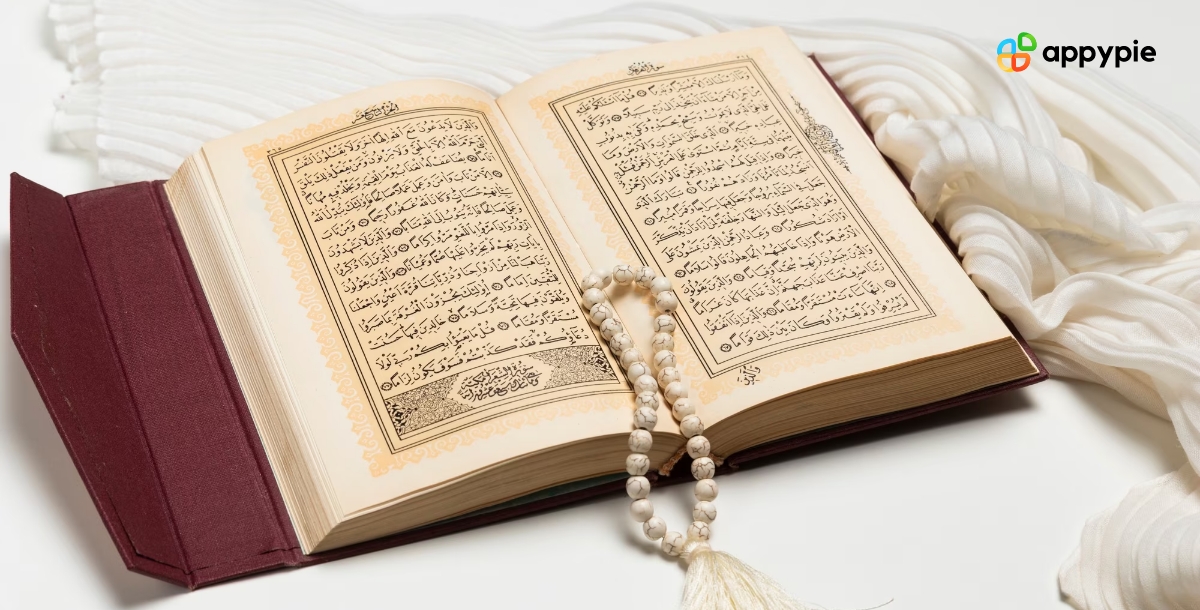
Ramadan is a time when many Muslims focus on reading and studying the Quran. It is believed that the first verses of the Quran were revealed during this month, and so recitation of the Quran is considered particularly auspicious during Ramadan.
Charity
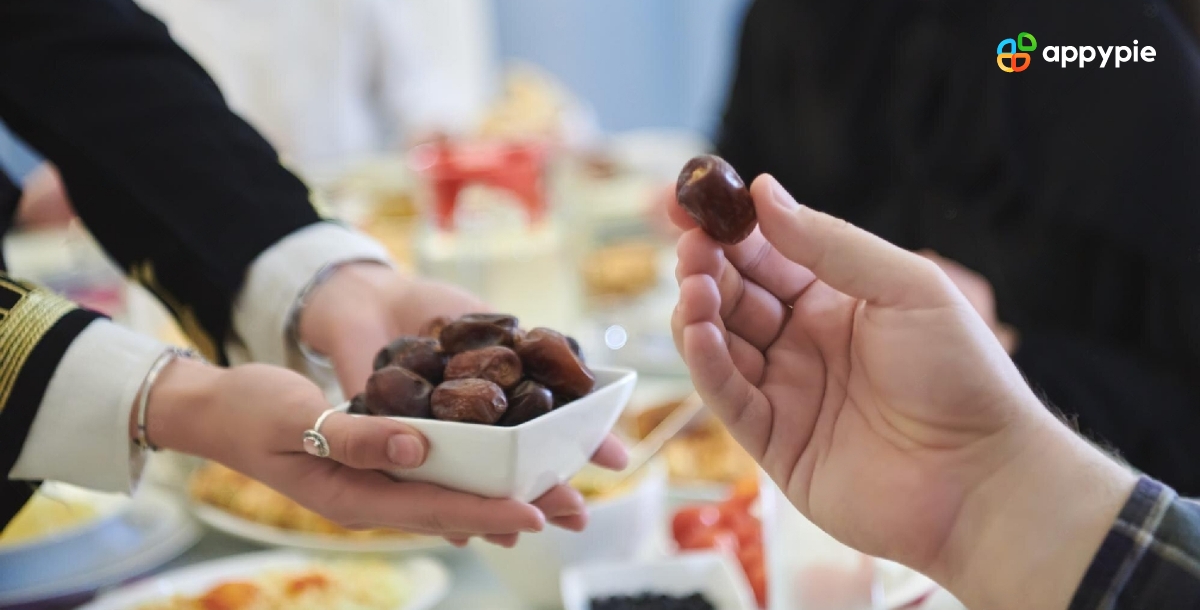
Giving to charity is another important tradition during Ramadan. Muslims are encouraged to give generously to those in need, and many organizations and individuals increase their charitable giving during this time.
Eid al-Fitr
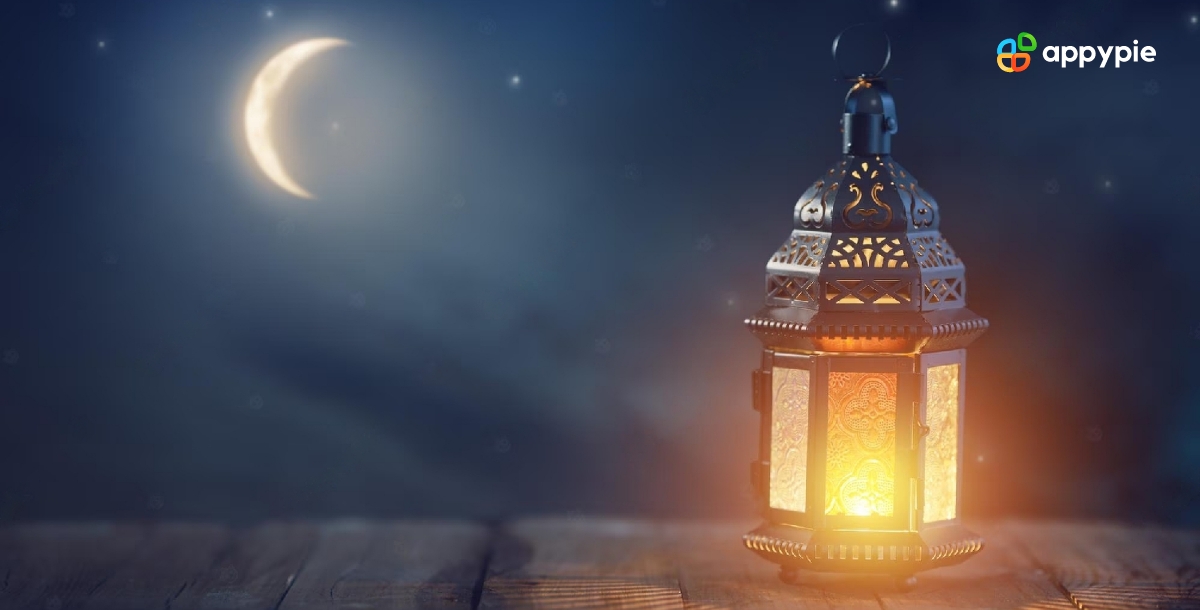
At the end of Ramadan, Muslims celebrate Eid al-Fitr, a festival that marks the end of the fasting period. This is a time of feasting, celebration, and gratitude for the blessings of Ramadan.
Look at these Eid-Al-Fitr greeting card templates that is a thoughtful way to express your warm wishes and share in their joyous celebration:
The Importance of Family and Community During Ramadan
Ramadan marks a time when Muslims gather together, especially in the presence of family and friends. In turn, being able to come together during Suhoor and Iftar gives them the time to connect and bond with families and friends.
From helping in preparing food to recite Qur’an with siblings, there are many activities that people can do to draw closer to their families. Other great activities which are great for family bonding include praying together, reading Islamic Books together, visiting local Mosques, and attending community Iftar events together.
The importance of fasting during the month of Ramadan creates a sense of unity among Muslims, regardless of age, background, and circumstance. From grand community Iftars, local street food stalls, and gathering for Taraweeh in local Mosques, Ramadan is when communities engage in activities that get everyone involved.
How can You Wish Someone a Happy Ramadan?
Remember that Ramadan is a special time for those who observe it, so your kind wishes can mean a lot to someone who is fasting and making extra efforts to connect with their faith.
Here are some common ways to wish someone a Happy Ramadan:
- Ramadan Mubarak! - This is a common greeting in Arabic, which means "Blessed Ramadan!"
- May the holy month of Ramadan bring peace, prosperity, and happiness to you and your family.
- Wishing you a peaceful and blessed Ramadan.
- May this Ramadan bring you the utmost in peace and prosperity.
- Ramadan Kareem! - This is another Arabic greeting, which means "Generous Ramadan!"
- May Allah's blessings be with you during this holy month of Ramadan and always.
- May your fasting and prayers be accepted by Allah during this holy month.
- Best wishes for a happy and blessed Ramadan.
Once the month of Ramadan is over, you can also wish your friends Happy Eid with “Eid Mubarak.”
How to Design Ramadan Greeting Cards with Appy Pie Design?
There is no better way to let your friends know you’re celebrating Ramadan with them than with thoughtful messages. Appy Pie’s free AI Ramadan card maker lets you make your own greeting cards, folded cards, and invitations in just a few minutes. With a range of templates, graphics, and text options, users can easily design and personalize greeting cards for social media or print use.
Here is how you can create personalized Ramadan cards using Appy Pie Design:
- Choose a template or start from scratch.
- Add your text, images, and other elements using the drag-and-drop interface.
- Download your card in JPEG, PNG, or PDF format.
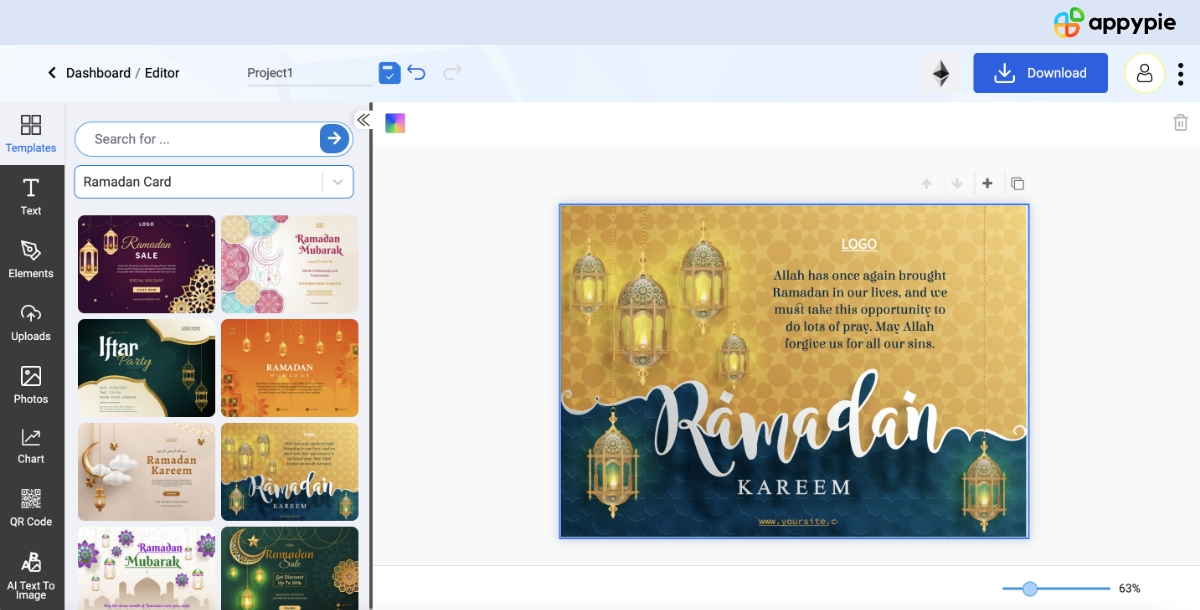
Take a look at these Ramadan card templates that can be personalized to your liking:
Benefits of choosing Appy Pie Design to create a Personalized Ramadan Card
Here are the benefits of choosing Appy Pie Design to create personalized Ramadan Cards:
Extensive Library of Templates: Appy Pie Design offers a wide range of templates for Ramadan cards, making it easy to create personalized designs without starting from scratch.
Affordable: Appy Pie Design offers a cost-effective way to create professional-looking Ramadan cards without the need to hire a graphic designer.
Drag-and-Drop Functionality: With drag-and-drop functionality, users can easily add text, images, and other elements to their cards without any design experience.
User-Friendly Interface: Appy Pie Design is easy to navigate, even for beginners, making it a great option for those who may not have much experience with graphic design software.
Quick Turnaround: With Appy Pie Design, users can create and print their Ramadan cards in a matter of minutes, making it an ideal option for those who need to send out their cards quickly.
Conclusion
Ramadan is a time of joy and celebration for Muslims across the globe as they come together to fast for 30 days. By reading about the traditions and customs associated with Ramadan, you can gain a deeper understanding of the values of unity, love, and inclusiveness that are central to this occasion. You can send custom-made Ramadan cards to your family and friends to wish them a Happy Ramadan.
Related Articles
- Create Passport Size Photos Online: A Complete Guide By Countries
- Best Shopify Integrations You Should Use
- How to Integrate Zendesk with Jira?
- Ensuring Data Security in Help Desk Software: A Comprehensive Guide
- Hotel Customer Service [Importance + Best Practices]
- Top 15 YouTube Banner Ideas to Make your Channel Look Super-Awesome
- Best Color for Resume: Stand Out From The Crowd
- Meta AI for WhatsApp- A Complete Guide
- 15 Best Zoho Desk Alternatives & Competitors in 2023
- Mastering FAQ Pages: A Comprehensive Guide to Customer-Centric Design, and More!
Most Popular Posts
- 10 Best Trello Integrations for Efficient Task Management in 2023
- A Comprehensive Guide to Understanding the Basics of LLMs, their Architecture, and Significance
- 10 Effective Ways for Dentists to Attract New Patients to Their Dental Practices
- 10 Interactive Websites for Modern Creatives to Inspire You
- Gross Sales vs. Net Sales: Mastering the Basics to Boost Your Business













